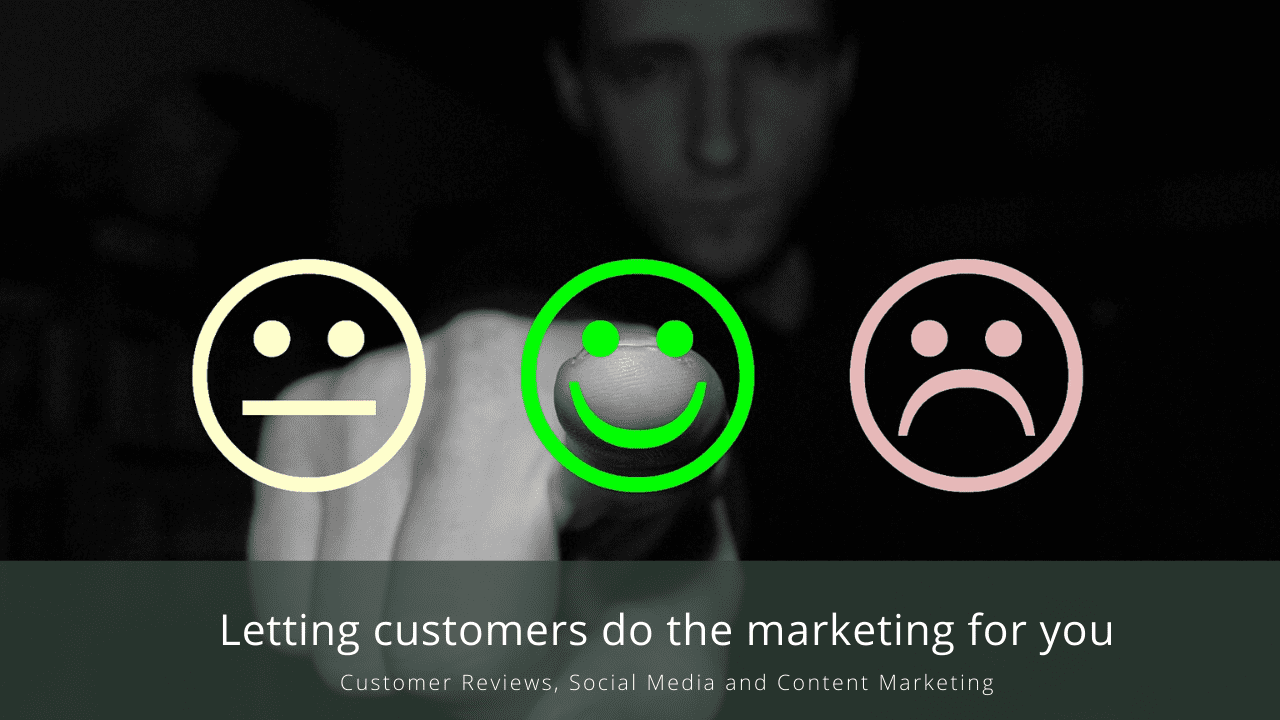Over the past two decades, the internet has given customers more information and awareness than ever before. Marketing strategy has adapted dramatically to cater to this paradigm shift. However, despite early fears of the empowered consumer, smart marketers have learned how to use this change to their advantage. Digital Marketing Guru Jay Baer has been at the forefront of this evolution since the beginning. He is a firm believer in the benefits of volunteer marketers.
Frequently referred to as a “brand advocate,” Baer defines a volunteer marketer as a customer that proactively uses their time and social capital to promote a company or cause. However, as a business owner, entrepreneur, or marketing strategist, you might be wondering what this means for you. And, why it is something to look at more closely.
Read about the emerging marketing strategies of the 4.0 era.
Why are volunteer marketers great for business?
From a financial perspective, brand advocates are more cost-effective than most other forms of marketing. This is because they’re doing the work for free. While creating brand advocates still takes time, expertise, and money; ultimately, the ROI on a successful volunteer marketing strategy is much higher. Another perk of having your customers market for you is the modern emphasis on consumer trust.
Because of the high volume of information consumers have access to, they’re equally – if not more – willing to rely on the word of another consumer as they are a business’. Therefore, having a customer sing your praises of their own volition means others are more likely to follow suit. There’s no denying that volunteer marketers are excellent assets, but how can a business create their own?
How do you get your customers to market for you?
The simplest and cheapest way to use your customers as marketers is by letting them review your product or service online. Up to 84 percent of people are inclined to trust an online review as much as they would a personal recommendation, and it’s by far one of the easiest and cheapest solutions to implement. If possible, you should guarantee your reviews’ authenticity by only publishing them once the reviewer has made a genuine purchase. But, you should never censor them.
By leaving both positive and negative reviews up, customers are more likely to trust you, and it also allows you to react to poor feedback effectively and publicly. It’s important to garner as many reviews as possible, and if it fits with your business model, you can incentivize people to leave them. For example, you could offer a discount off their next purchase.
Making the most of social media

Most marketers turn to social media when looking to enlist volunteer marketers to promote their business, and there are a few ways to go about this. Social media allows users to share your promotional content, but what makes them want to? People are reluctant to share direct advertisements; however, they’ll be more than happy to share content that’s informative, entertaining, or that touches on a subject close to their heart. Another excellent way to encourage sharing is to launch a prize draw that people can enter by sharing the post, commenting on it, “liking” it, or tagging their friends.
We explore some of the best social media marketing strategies and trends.
Although the ‘prize draw’ method can work well to gain online publicity, it’s still not as powerful as having people share your content organically. In one of the smartest marketing campaigns in recent history, Coca-Cola used brand advocacy to generate online conversations that felt natural and consumer-driven, as opposed to being forced by the company.
The ‘Share A Coke’ campaign resulted in consumers sharing over half a million photos online and gained the company around 25 million new Facebook followers because it managed to connect with consumers on a personal level. Simply by printing the most popular names from around the world on their labels, Coke had consumers across the country digging through supermarket fridges to find their personalized bottle before rushing to share a picture online.
Continuous engagement requires constant innovation

While Coca-Cola’s strategy was a huge success, it was launched on a smaller scale in Australia first, but it grew because they used what they had learned to make effective changes. In subsequent years, they made it possible to order customizable labels online or in-person at special events to cater for those left out the first time around. Today, Coke fans can order personalized stickers, share music lyrics, and even hear their name in a catchy jingle.
We discuss why brands need to talk like a human to engage customers.
Volunteer marketing is an excellent way to generate organic buzz about your brand at a low cost, as long as you remember that consumers can be fickle. What’s popular today can be replaced tomorrow by something else that’s new and exciting, so innovation is critical to retaining brand advocates, regardless of your approach.
Like what you read? Then why don’t you subscribe here? If you want to speak to a SYNC consultant about starting your brand’s PR journey, drop us a message at hello@syncpr.co
This article has been updated on 10 June 2020

